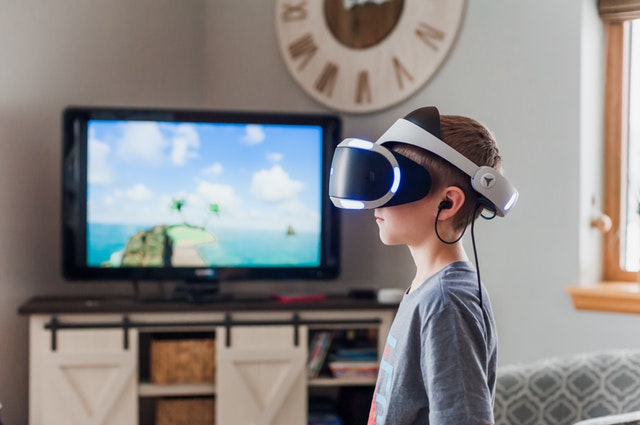
The video game industry isn’t just large: it’s outright gigantic. According to Microsoft, there are more than two billion gamers around the world, and the industry generates more than $120 billion in revenues each year. What’s more, with the mainstream emergence of VR, AR and wearables, this dominance will grow massively in the years ahead. We’ve come a long, long way from Pac Man.
However, all is not joyful and festive. Here are five dirty secrets that the video game industry doesn’t want you to know (but we certainly do):
1. Many of the men and women who design, develop and test video games don’t go home at night thanking their preferred deity above for giving them a dream job. Instead, they collapse on their bed (or their couch if they don’t make it all the way to their bedroom) out of sheer exhaustion. Working 60+ hours a week is standard fare, and workers who complain about excessive overtime (a.k.a. “crunch”) risk getting the ol’ heave-ho. With task management and collaboration technologies like unified communications and hosted voip, recruiting talented and willing developers anywhere in the world is faster and easier than ever.
2. Many people who work for video game companies — or who have any connection to the video game industry, such as a supplier or vendor — are either legally forbidden or strongly advised against saying anything negative about a title or company. That’s not to suggest that all reviewers are nothing more than shills. For example, here at Gadgnetheat.com we call ‘em as we see ‘em (like this look at the best sci-fi games of all time). But it does mean that many of us aren’t getting the full story about what really goes on behind the scenes, and probably never will.

3. When you buy a game that you love, you may have a nice warm and fuzzy feeling because you think the money is going to hard working developers. Unfortunately however, most of it is going to the publishers.
4. The video game industry as a whole is extremely male-dominated and sexism is quite prevalent. That’s the bad news. But the good news is that things might be changing for the better. For example, as we recently blogged about Riot Games recently settling a class-actions suit brought by a group of female employees who alleged that they were the victims of gender-based wage discrimination and harassment. The amount of Riot Games’ “sorry, our bad” check? A cool $10 million.
5. Generally, it’s believed that video game companies have notoriously weak security safeguards, which makes their databases a prime target for hackers. For example, back in 2015 Microsoft filed a lawsuit against a Chinese gaming website for allegedly hacking Xbox accounts, and selling the data on the dark web. Gamers themselves are also in hackers’ crosshairs, and often receive phishing emails that claim to be surveys and other legitimate communications.
The Bottom Line
We all love video games (maybe sometimes more than we should). And nothing above is meant to throw shade at this glorious activity that gamers understand, and non-gamers never will. But with this being said, don’t delude yourself into believing that life on the video game landscape is all rainbows and unicorns. It can get pretty scary, pretty nasty, and pretty risky — kind of like a really good video game!



